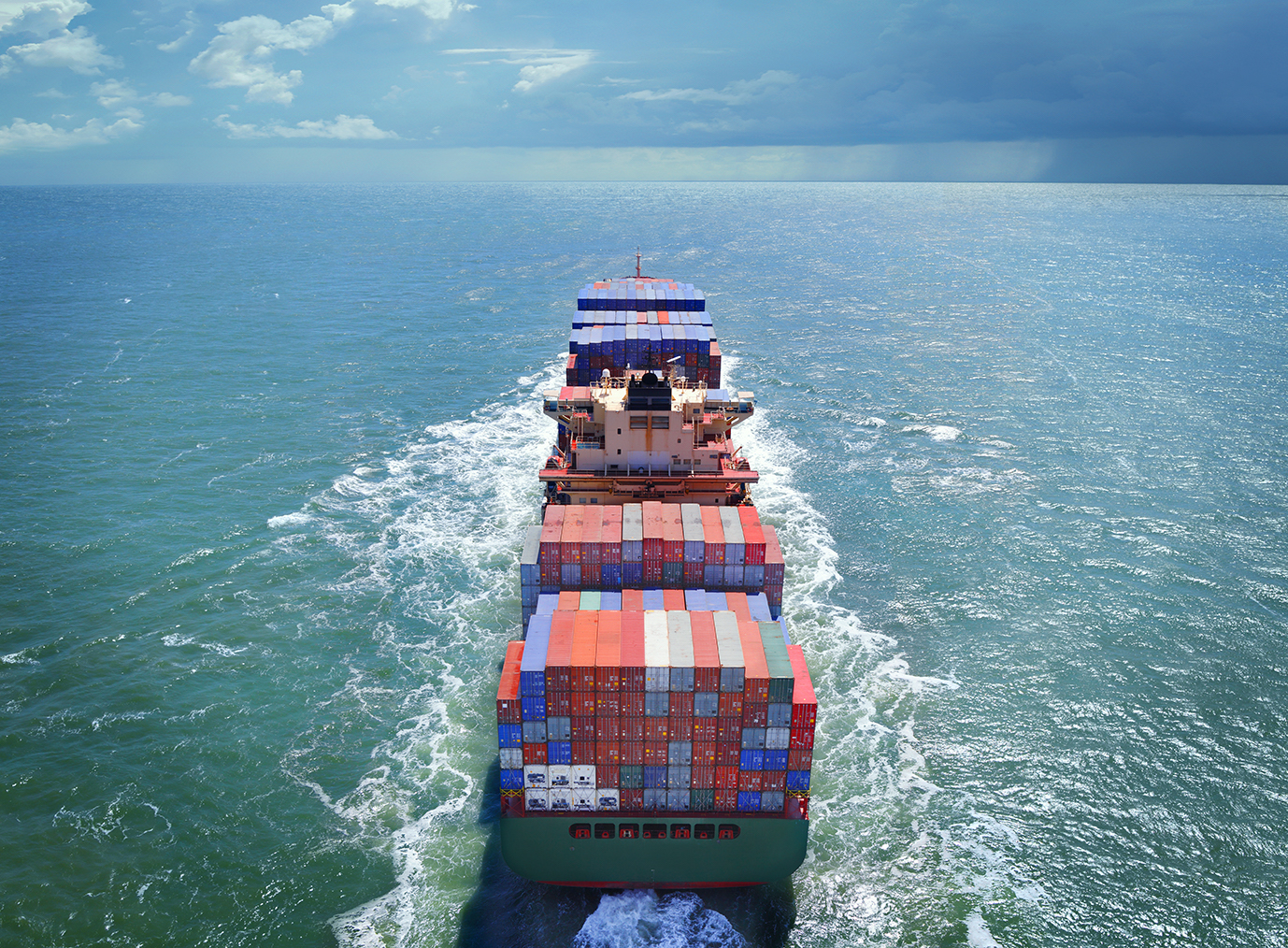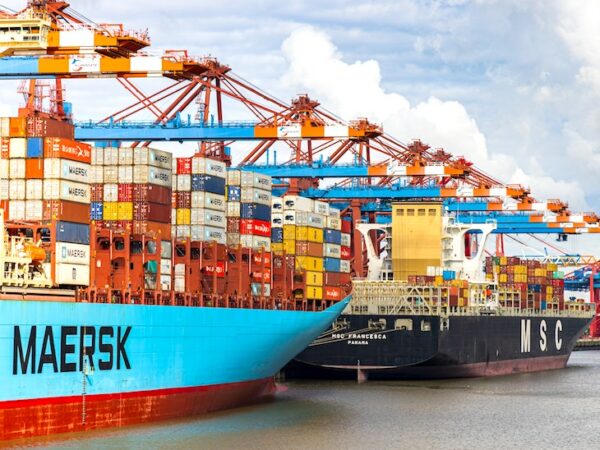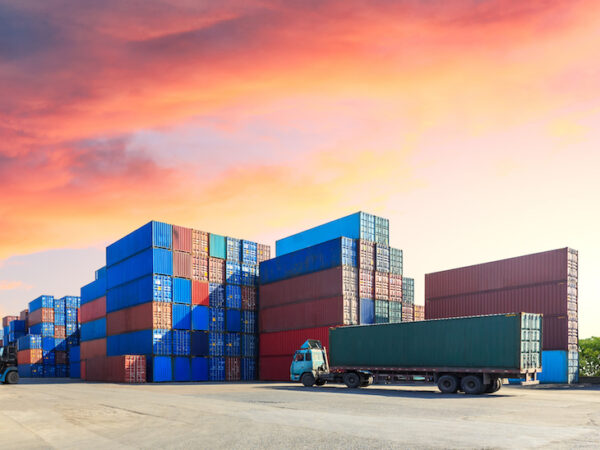
Global shipping fuel costs are increasingly threatening a rise in rates; but there are ways to manage the supply chain to minimise the impact.
Two of the main driving forces behind the logistics industry are people and fuel, along with technology. Freight movement in most modes remains largely dependent on ever-more expensive and finite fossil fuels, primarily diesel fuel. Unfortunately, the cost of oil is one of the most volatile aspects in the shipping industry; prices change overnight sometimes drastically – impacting every transport link in the supply chain.
In order to address the trend in increasing fuel costs over the last decade, most shipping companies began restructuring their operations to create fuel efficiencies:
- Consolidated services through multi-carrier alliances.
- Consolidated routes to serve more locations with fewer ships.
- Improved monitoring of hull and propeller conditions to reduce resistance and improve efficiency.
These actions have helped carriers reduce fuel consumption, and consequently, their fuel costs. However the challenge of rising fuel prices in 2018 is even greater than ever and the outlook is challenging for shipping companies and freight forwarders alike.
The impact of rising oil costs
Overall to date in 2018, fuel prices have been increasing. The World Bank expects international oil, gas and coal prices to have risen by as much as 20 percent at the end of this year. Every sector of the economy is being affected by rising fuel costs, but the transportation industry is being particularly hard-hit.
How has this affected shipping?
Shipping lines have started to introduce Emergency Bunker Surcharges as the cost of fuel increases. All international shipping lines announced additional charges which came into effect on the 1st June 2018.
Why are shipping fuel costs likely to rise?
To add to the pressure, analysts predict that there is the possibility that shipping fuel costs could rise by as much as a quarter in 2020 when new rules limiting sulphur kick in. Today Emission Control Areas restrict the Sulphur Limit for fuel oil used by ships but the Emission Control areas are restricted to coastal areas in Europe and the US and Canada. Under the new global cap the reduced Sulphur Limit is imposed in all global waters. The predicted cost increase will come as the change to ultra low sulphur fuel oil comes at a much higher cost based on todays market.
The International Maritime Organization’s (IMO) rules targeting air pollution will cut the maximum amount of sulfur emissions that ships worldwide. Switching to MGO is a costly solution, and the impact would probably result in a different shipping price structure coming into effect from as early as next year.
How your supply chain strategy can minimise the impact
PFE’s experienced team can help you manage and optimise your distribution processes to improve the efficiency of the shipment of your goods. We can help you consider the following strategies:
- Origin of goods, consideration to alternative options in an effort to reduce the number of miles your shipment must travel.
- Shipment optimisation such as container packing for space efficiency.
- Development of lean inventory strategies including intermodal transportation.
Giving consideration to the above will also contribute to improve your broader supply chain and financial performance.
We will continue to keep you updated on this significant change. If you have any questions, please don’t hesitate to get in touch with Aron Newton on +44 (0)1376 533000.





